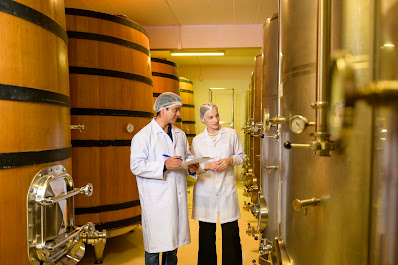Clarity from Nature: The Crucial Role of Enzymes in Juice Processing
The demand for high-quality, clear fruit juices has risen steadily, driven by consumer preferences for visually appealing and shelf-stable beverages. Achieving this level of clarity is not purely a mechanical process, it requires the precise application of natural biological agents: enzymes.
Pectic substances, which are naturally present in fruits, are one of the main culprits behind juice turbidity. These complex polysaccharides cause cloudiness and viscosity, making the juice appear less refined. Pectinases, a group of enzymes including polygalacturonase and pectin lyase, are vital in breaking down these compounds. By depolymerising pectin molecules, these enzymes enable easier filtration and result in a significantly clearer end product.
The enzyme action also contributes to increased juice yield. By degrading the structural components of fruit cell walls, enzymes release more juice than mechanical pressing alone. This not only improves productivity but also reduces waste, a win for both manufacturers and the environment.
Additionally, enzymes can aid in enhancing the colour, flavour, and aroma profile of juices. For example, cellulases and hemicellulases assist in breaking down cell walls further, releasing pigments and aromatic compounds that make the juice more appealing to consumers.
Ultimately, enzymes ensure consistent quality and improved processing efficiency while maintaining the natural essence of the fruit. Their use is not just a technical enhancement but a strategic necessity in modern juice production. As the industry continues to evolve, enzyme technology remains a quiet but powerful force driving innovation and excellence in beverage manufacturing.
Source - https://www.biolaxienzymes.com/why-enzymes-are-essential-for-achieving-high-quality-clear-juices/




Comments
Post a Comment